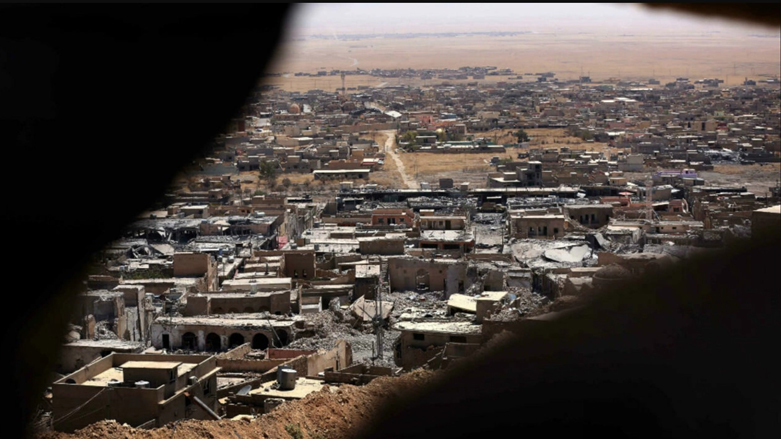At least 150k Yezidis returned to their homes, reveals KRG

ERBIL (Kurdistan 24) – At least 150,000 Yezidis, who had fled their homes from the Islamic State’s genocidal campaign, have returned to Sinjar, the ethno-religious community’s place of origin, the Kurdistan Regional Government (KRG) revealed.
While 550,000 Yezidis are currently residing in Sinjar, another 360,000 are still living in camps in the Kurdistan region, according to the figures released by the KRG.
Another 100,000 Yezidis are living outside Iraq, according to the government. It did not elaborate on how many followers of the faith fled the country after the atrocities.
Thousands of Yezidi women were sexually enslaved by the group, which was defeated in 2017 by Kurdish and Iraqi forces, with the support of the US-led coalition.
The Kurdish-Kurmanji-speaking community has faced at least 72 genocides.
European countries, including Germany, have hosted a significant number of Yezidis fleeing the violence, in which nearly 10,000 Yezidis were killed or kidnapped by ISIS.
The United Nations later recognized the atrocities against the Yazidi people as a genocide.
The Region’s officials have pledged to continue working to rescue the remaining Yezidi women that had been relocated to other countries.
More than 3,500 Yezidis have been rescued so far, according to KRG data.
